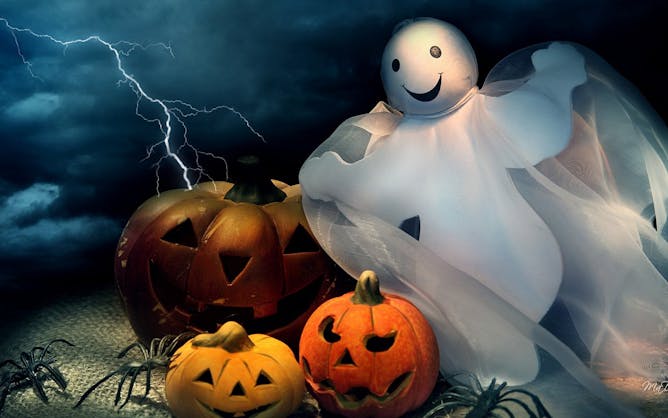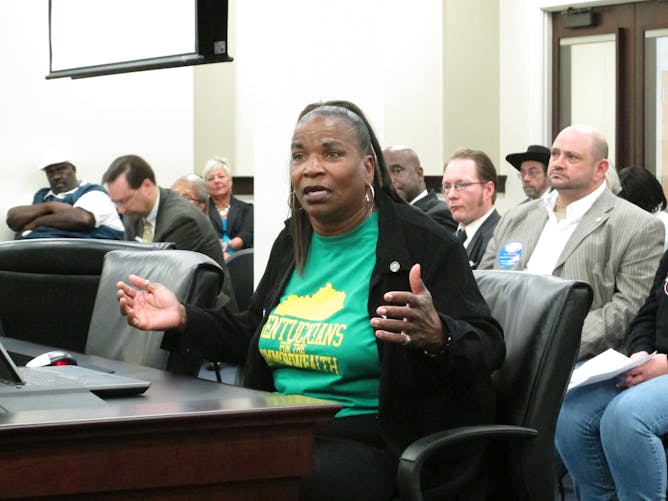Editor's note
|
|
With Halloween around the corner, ghost decorations have started popping up in neighborhoods and revelers are getting their spooky costumes ready. Beliefs in ghosts are shared across many cultures. USC Dornsife’s Tok Thompson, who has studied ghost stories, writes that often in these stories the departed are seeking justice for some earthly wrong and their sightings are a reminder to lead moral and ethical lives.
An amendment on the November ballot in Florida will determine whether 1 million citizens with felony convictions will have their right to vote restored. Political scientist Victoria Shineman from the University of Pittsburgh writes about her new research based on ex-offenders in Virginia that shows restoring ex-offenders’ right to vote can significantly improve their attitudes toward democracy and the government – and reduce the
chances they’ll commit another crime in the future.
If a shot makes you howl with pain while your friend barely winces, it may be that the differences in pain tolerance are caused by your genes. Geneticist Erin Young of the University of Connecticut explains how our genes alter the way we experience acute and chronic pain, the quest for personalized pain treatments and the implications for the opioid crisis.
|
Kalpana Jain
Senior Religion + Ethics Editor
|

|
|
Top Stories
|

A Halloween ghost.
Werner Reischel/Flickr.com
Tok Thompson, University of Southern California – Dornsife College of Letters, Arts and Sciences
Ghost stories are often about the departed seeking justice for an earthly wrong. Their sightings are a reminder that ethics and morality transcend our lives.
|

A felony voting rights advocate in Kentucky.
AP Photo/Roger Alford
Victoria Shineman, University of Pittsburgh
New research shows that when ex-offenders are told they're able to vote, their attitudes about democracy and justice improve. A November ballot measure in Florida hangs in the balance.
|

Some people feel more pain than others.
Mikhail_Kayl / Shutterstock.com
Erin Young, University of Connecticut
Researchers are exploring the genetic differences that dictate why some people suffer greater pain than others, and how to translate these findings into personalized pain treatments.
|
|
|
|
|
|
|
|
|
|
|
From our International Editions
|
-
Tim Spector, King's College London
New research suggests people who eat organic plant foods have a reduction in risk of common cancers.
-
Jaime Gongora, University of Sydney; Mahmood Alamri, University of Sydney
Camel beauty pageants are multi-million-dollar events on the Arabian Peninsula.
-
Melinda Suchard, National Institute for Communicable Diseases
The global target to eradicate polio is being missed because a number of countries are struggling to reach high vaccine coverage.
|
|
|
|
| |
| |
|
|